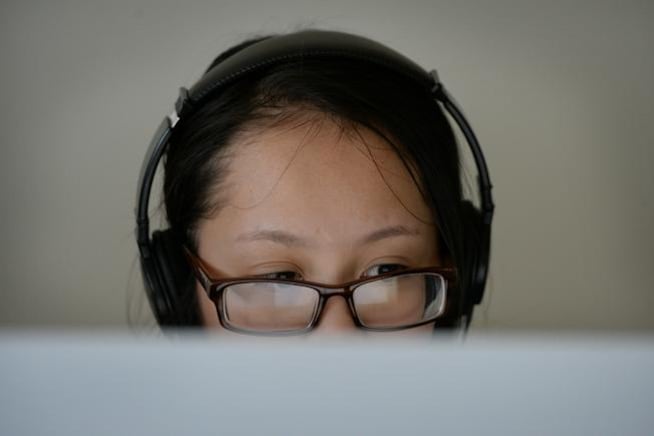A bill introduced in the Colorado General Assembly would suspend most standardized tests this year, provided the state can get a waiver from the federal government.
Whether or not to give standardized tests during a school year marked by COVID-related disruptions is likely to be one of the more contentious education debates this session. It could also divide Democrats, who control state government.
Opponents of testing this year — which include many superintendents and school boards as well as the state’s largest teachers union — say that testing amid an ongoing pandemic presents numerous logistical challenges and would take away from precious instructional time, without yielding valid results.
Many education advocacy groups, meanwhile, say that standardized tests could provide invaluable information for assessing learning loss and help direct resources to students who need the most help.
State and federal law require that schools administer annual standardized tests to determine if students are meeting grade-level expectations. Without clear direction, many Colorado school districts have begun preparing to give the tests, though some are also sending parents information about how to opt out of the exams.
Known as the Colorado Measures of Academic Success, or CMAS, Colorado’s math and literacy tests are given to third through eighth graders. Students in fifth, eighth, and 11th grade take a science test, while fourth and seventh graders take a social studies test.
The bill would order the Colorado Department of Education to ask the U.S. Department of Education for a waiver to testing requirements, whether or not the federal government invites such requests. If Colorado obtains a waiver, the bill would suspend the administration of CMAS testing for all subjects.
Skipping the tests without a waiver could cost Colorado millions in federal aid.
The Biden administration is accepting waiver requests but hasn’t said whether it will grant them.
The bill would also bar schools from using test results in teacher and principal evaluations and bar the state from considering test results from this year in its school and district ratings. This is less controversial, with groups on all sides of the debate agreeing it would be wrong to use this year’s results for high-stakes accountability.
The bill would not affect the administration of the PSAT and SAT, which serve as the math and literacy tests for high school students and are used for scholarships and college admissions.
The bill’s sponsors include the Democratic chairs of the House and Senate education committees: state Rep. Barbara McLachlan of Durango and state Sen. Rachel Zenzinger of Arvada. They’re joined by state Rep. Emily Sirota, a Denver Democrat, and state Sen. Don Coram, a Montrose Republican.
But a bipartisan majority of the State Board of Education supports giving the tests, and Gov. Jared Polis has suggested he feels the same way, with a spokesperson saying earlier this year that the governor “believes it is critical that parents, educators, communities, and policymakers understand how COVID-19 has affected student learning across the state.”
A number of states have already called for testing to be suspended, including Georgia, Illinois, Michigan, New Jersey, and New York. Tennessee, meanwhile, is pushing ahead with plans to test students, including those learning remotely.
Correction: This story has been updated with the correct spelling of Rep. Barbara McLachlan’s name.





